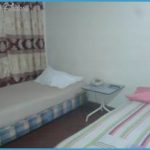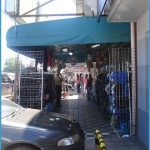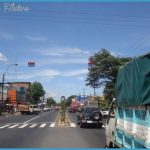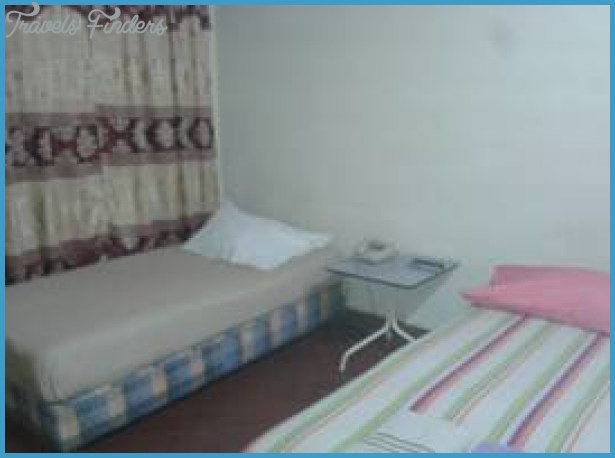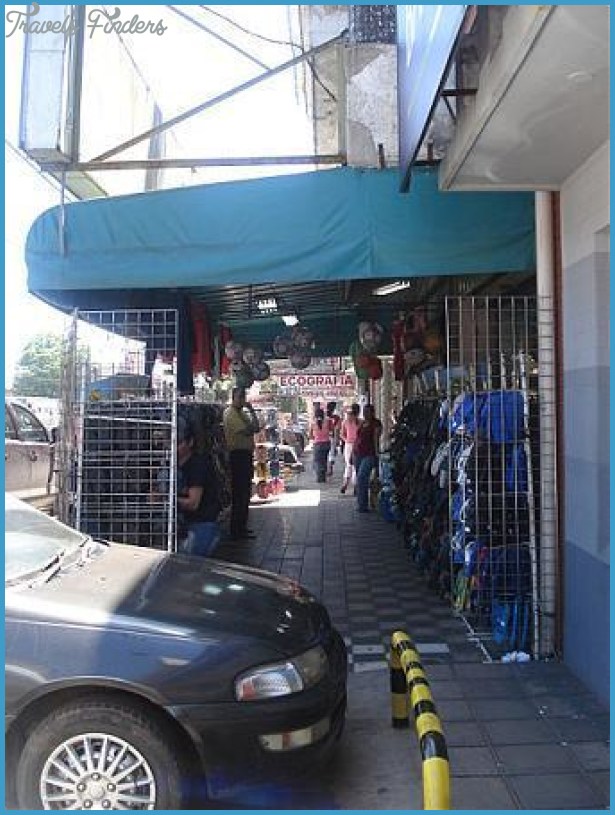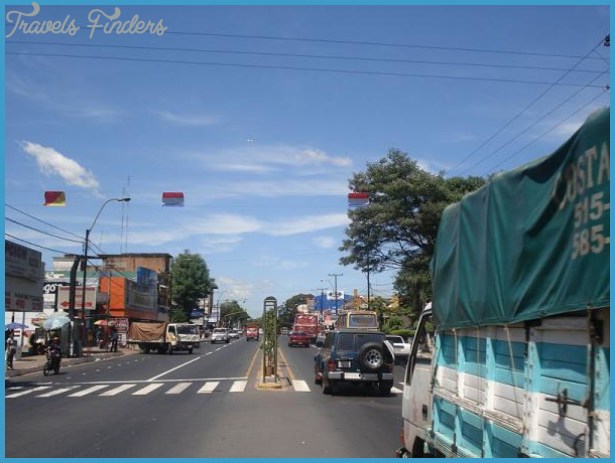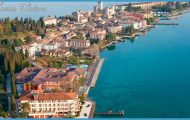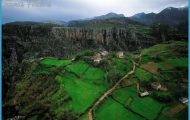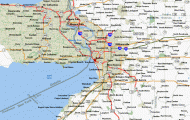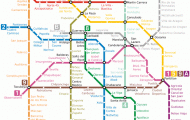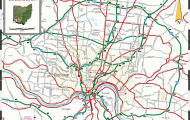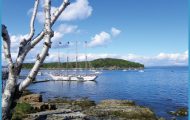Further Resources:
Cuchillo de Palo Released in 2010, Cuchillo de Palo is an award winning documentary in which filmmaker Renate Costas delves into the past of her deceased uncle, discovering he was among the 108 homosexual victims of torture and repression at the hand of the Stroessner regime. While probing into the past, the film also reveals shame and stigma that remains ingrained in many modern day Paraguayans regarding family associations with the list of 108 and homosexuality in general.
108 y un Quemado Written by Agustin Nunez, 108 y un Quemado is a play based on the Aranda murder case and subsequent anti-homosexual hysteria that swept Asuncion (quemado Spanish for burned, is also Paraguayan slang for being outed). The play is available in book form from Arandura Editorial, www.arandura.pyglobal.com
Safety
For the most part, Paraguay is a safe country, but as an underdeveloped nation, both economically and in terms of infrastructure, there are still safety concerns travelers should be aware of.
Petty Crime
Although poverty is particularly acute in the rural areas, you are more likely to be the victim of petty crime in the cities. Steer clear of the poorer areas of Asuncion, Ciudad del Este, and Encarnacion where you will be clear target for theft. Always be aware of your surroundings, and avoid walking alone after dark. Watch your bags while on city buses, and keep valuables such as cell phones, cameras, and mp3 players stowed away safely in a bag in your custody. Wear your backpack in front of you, and do not keep anything valuable in your rear pants pockets.
Use common sense, and keep your guard up when in crowded areas (such as bus terminals) or touristy areas. Lock luggage when traveling to and within the country. Avoid pulling out flashy electronics in public – even basic cell phones will be a temptation and are easily pick pocketed. Keep extra photocopies of all important documents in a money belt or an extra bag (before traveling you can also scan these and email them to yourself in case you need to print them out later). Although violent crime is on the rise, criminals generally only resort to violence when encountering resistance.
Narcotrafficking & Kidnappings
Narcotraffickers operate mostly in the San Pedro, Pedro Juan Caballero, Canindeyu, and Amambay departments as well as in Ciudad del Este. These areas are considered dangerous due to rampant corruption and a weak institutional state presence. Even in these areas though, the potential danger has more to do with being in the wrong place at the wrong time rather than being targeted as a foreigner. However, travelers passing through should steer clear of any drug-related situations. The past decade has seen the rise of a small left-wing group known as the Ejercito del Pueblo Paraguayo or EPP. The EPP has been linked to a handful of high profile kidnappings (targets have been business men and estancia owners) in the department of Concepcion. As there is a continued effort to capture EPP members in hiding, it is best to refrain from camping in these areas.
Drug Usage
Attitudes towards recreational drug use are more conservative than in most Latin American countries. It is best not to make any reference to recreational drug use, even in larger cities where attitudes might be slightly more relaxed. Although in the countryside marijuana is sometimes chewed to alleviate tooth aches or applied topically for arthritis, most Paraguayans consider smoking marijuana to be hard drug use. This is ironic because, despite its small size, Paraguay grows more marijuana than any other country in South America. However, Paraguay’s marijuana production is almost exclusively for export to neighboring Brazil and Argentina. As such, many associate drug usage directly with narco-traffickers and other criminal elements.

